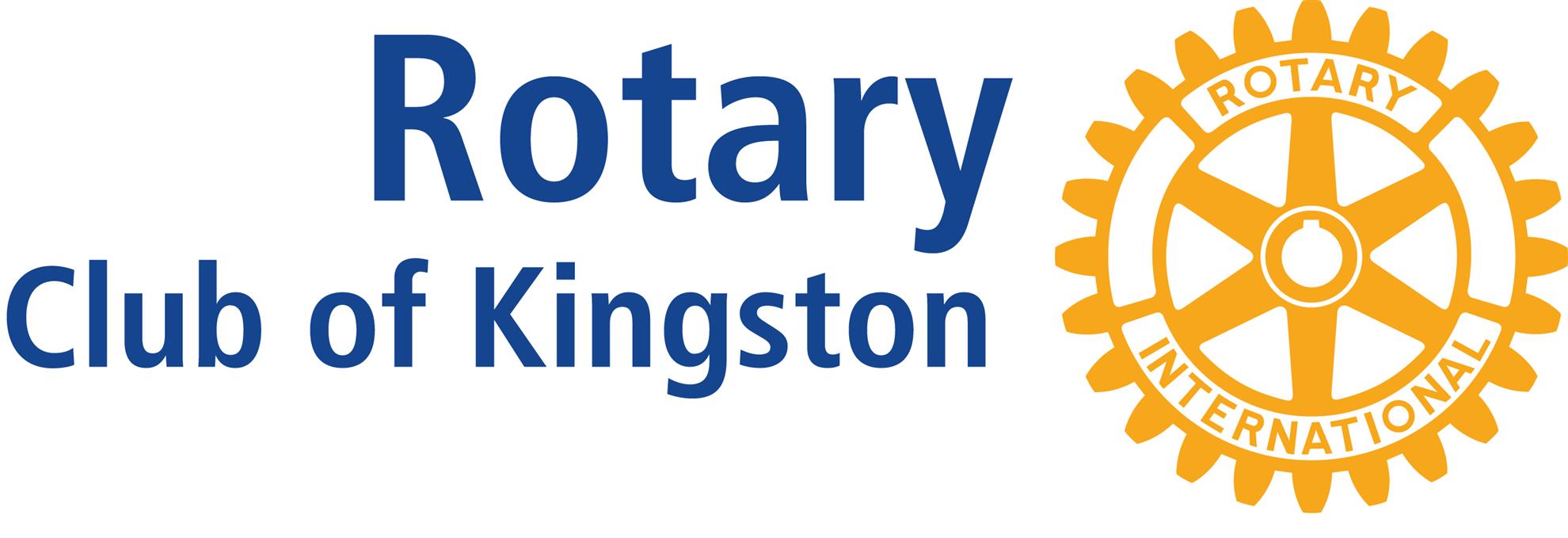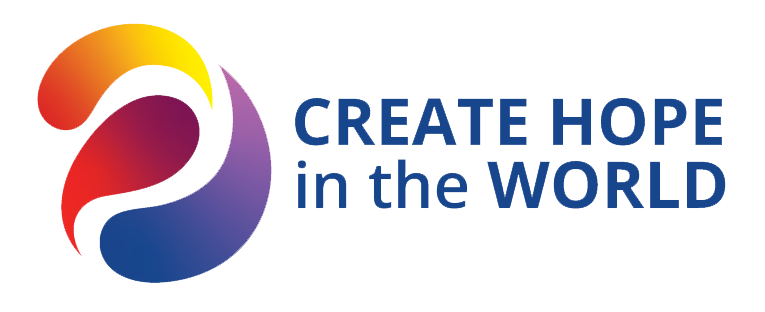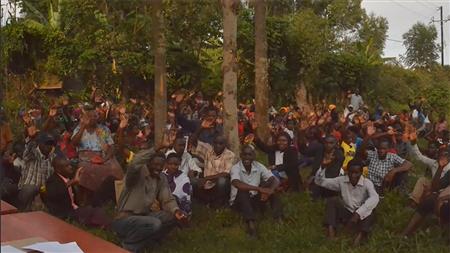
It is hard to imagine that something as simple as cow poop can change society, but that’s the key message Rotarian Jamie Kyles shared with the Rotary Club of Kingston.
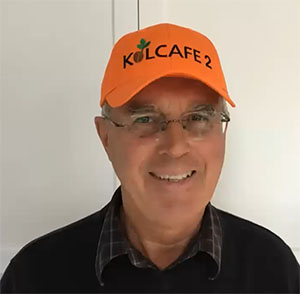 Kyles, a retired Victoria BC “oilman”, has been working with an African NGO, the KOPLING Society of Tanzania, a lay apostolate within the Catholic Church. KST is the marketing arm for poor coffee farmers in the country. Jamie Kyles Rotary supported project is called KOLCAFE 2 and is centred in Northwest Tanzania in the village of Kigazi, near Bukoba on the shores of Lake Victoria. For the past three years, he has been putting together a Rotary Global Grant to expand the project.
Kyles, a retired Victoria BC “oilman”, has been working with an African NGO, the KOPLING Society of Tanzania, a lay apostolate within the Catholic Church. KST is the marketing arm for poor coffee farmers in the country. Jamie Kyles Rotary supported project is called KOLCAFE 2 and is centred in Northwest Tanzania in the village of Kigazi, near Bukoba on the shores of Lake Victoria. For the past three years, he has been putting together a Rotary Global Grant to expand the project.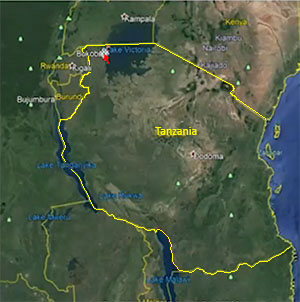 When Kyles began, the 150 coffee farmers who came to hear him were divided and didn’t believe him even with the support of a local agriculture expert. “They were simply ‘in survival mode trying to scrape by on 60 cents a day for a family of five,” Kyles said.
When Kyles began, the 150 coffee farmers who came to hear him were divided and didn’t believe him even with the support of a local agriculture expert. “They were simply ‘in survival mode trying to scrape by on 60 cents a day for a family of five,” Kyles said.Because local subsistence farmers didn’t cooperate, Kyles knew something they didn’t. There were among them a couple of growers whose coffee plants yields were 3 or 4 times greater than the average yield of 2 kg per plant.
Using that knowledge and Rotary donations Jamie developed a four-pronged approach:
- Buy and truck in lots of manure
- Supply hand tools to process the manure
- Get pruning tools for the coffee bushes
- Build raised drying beds for the coffee
| ||
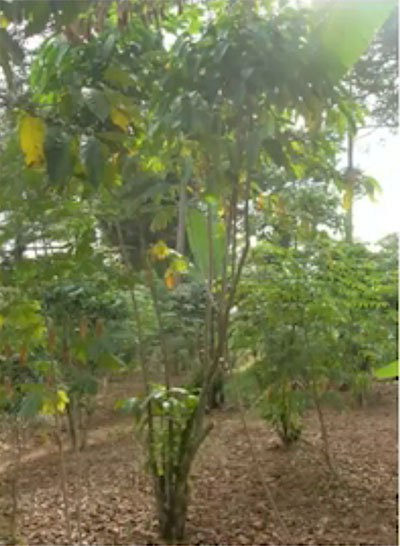 A typical Coffee Plant before Kolcafe | 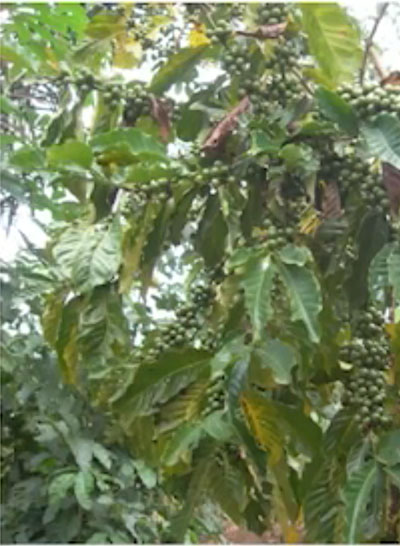 A typical Coffee Plant after Kolcafe | |
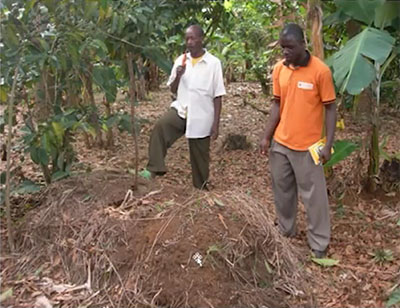 A composting mound of manure and leaves | 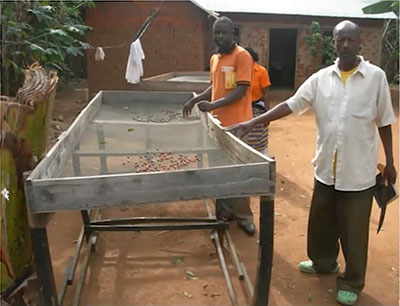 A drying screen | |
Without the project, the value of the coffee produced in 2019 would have been USD $154,000. With the project, the actual value was USD $347,000, or about a 500% increase.
“By the end of the second year,” Kyles said, “The farmers had gained “financial traction” and were working together and picking up 99% of the cost of continuing the project.” This he said, “Is my definition of sustainability.”
Besides the money and greater yields, Kyles listed other benefits to the community:
- A decrease of 50% in domestic violence for women,
- New roofs on many houses,
- Several orphans adopted,
- Improved nutrition and
- More children attending school.
